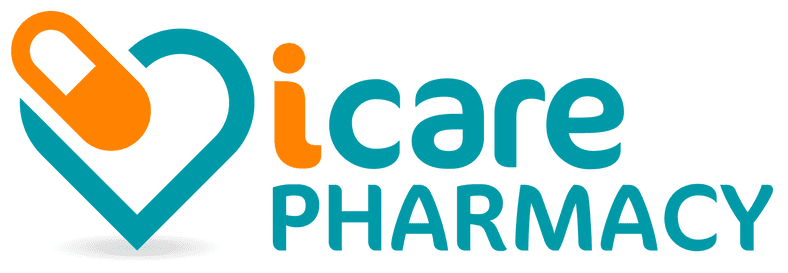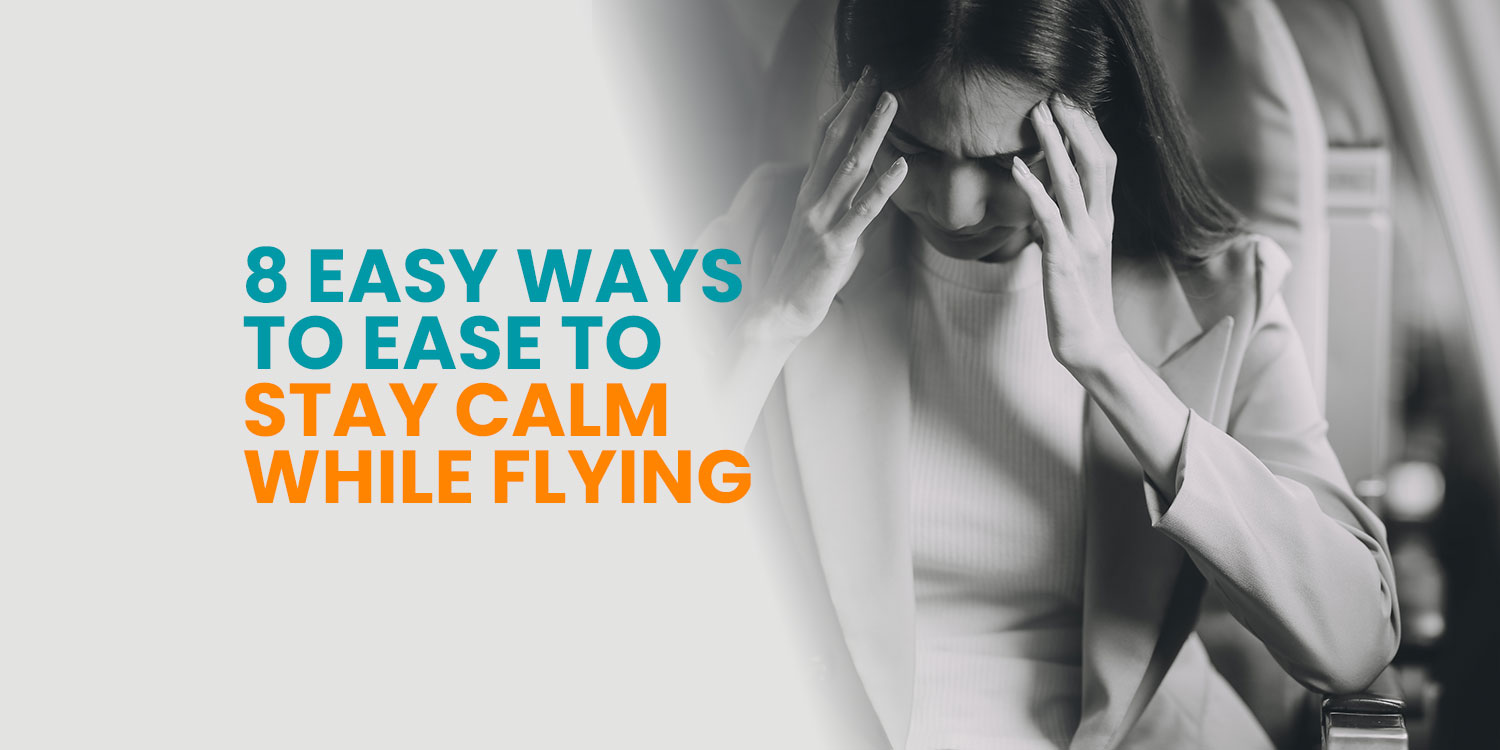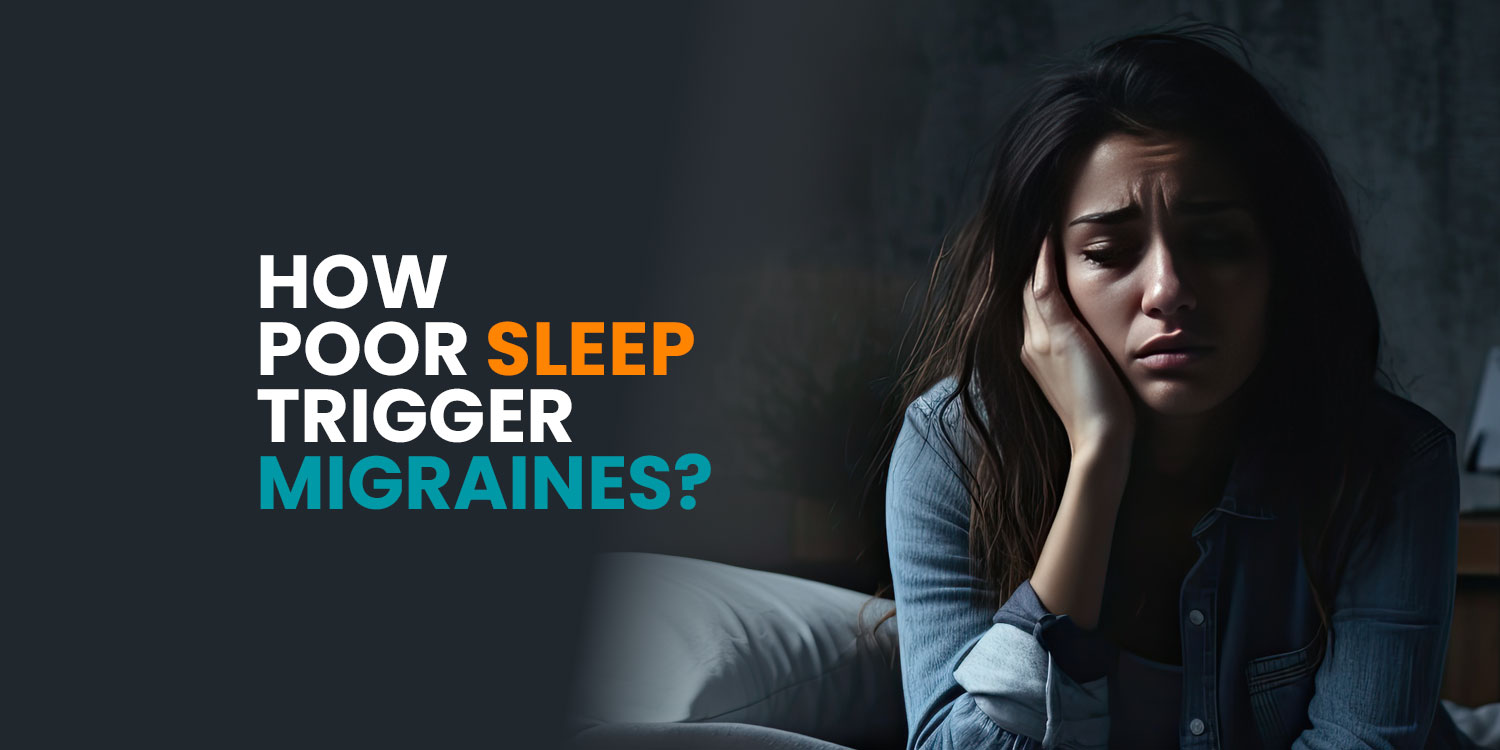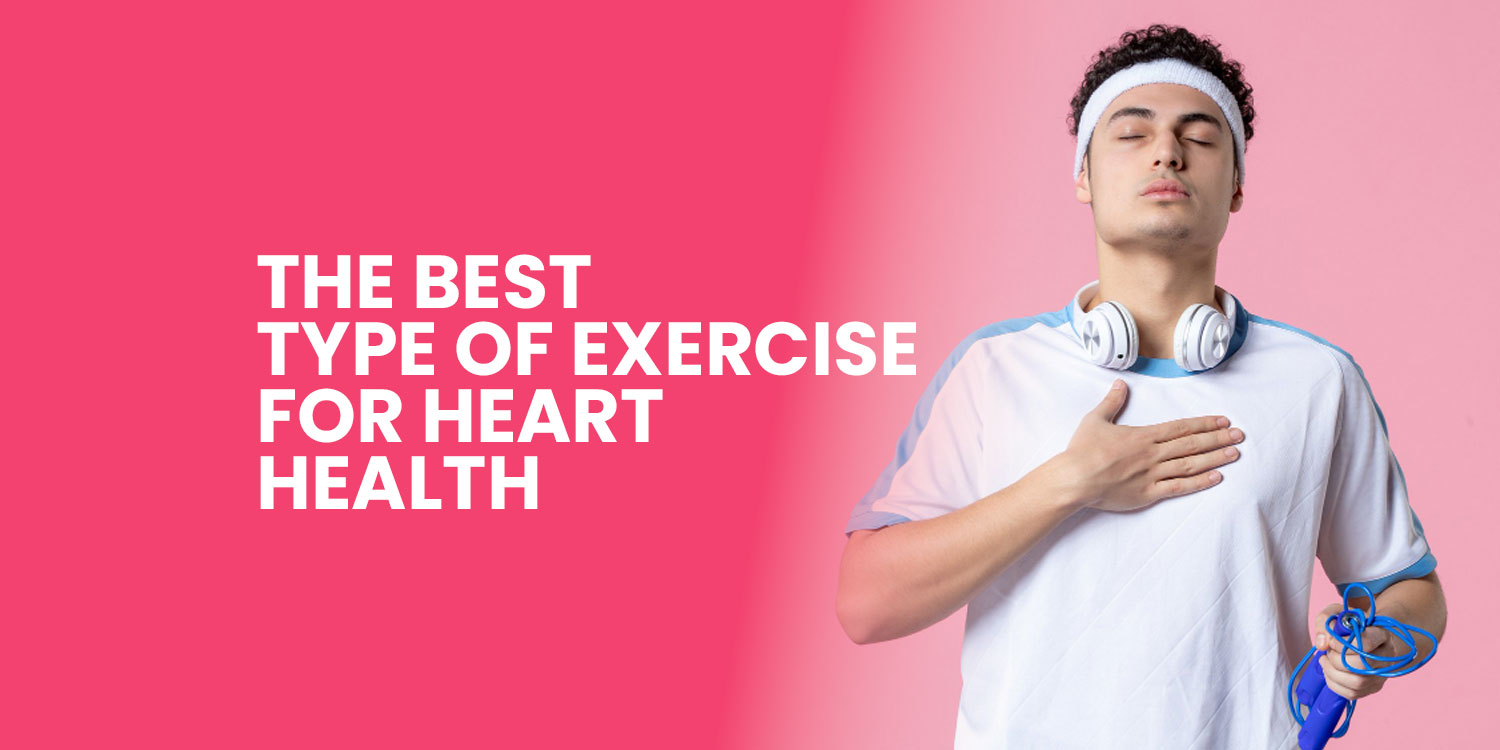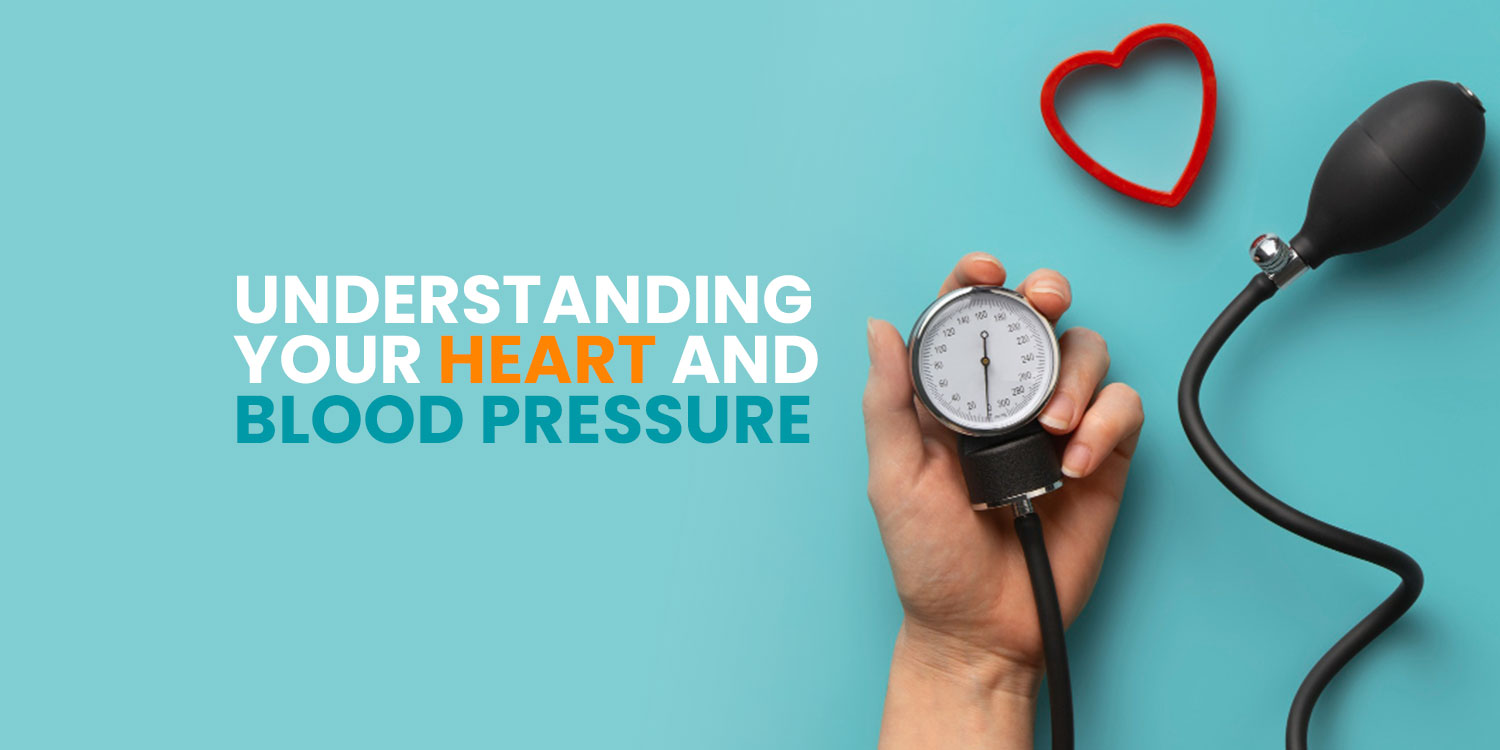How to Decrease Flight Anxiety While Flying
Flying can be an exciting experience, but for many people, it can also be a source of stress and anxiety. Whether it’s the fear of turbulence, claustrophobia, or just general nervousness about being in the air, flight anxiety is common. Fortunately, there are many ways to ease your nerves and make your journey more comfortable. Here are some effective strategies to help you manage flight anxiety before and during your flight.
1. Prepare in Advance
Being well-prepared can significantly reduce anxiety. Make sure you:
- Book a seat that makes you feel comfortable (aisle seats for more space, window seats for a view, or front seats for less turbulence) [1].
- Arrive at the airport early to avoid last-minute stress.
- Pack everything you need, including headphones, snacks, and entertainment to help keep your mind at ease [2].
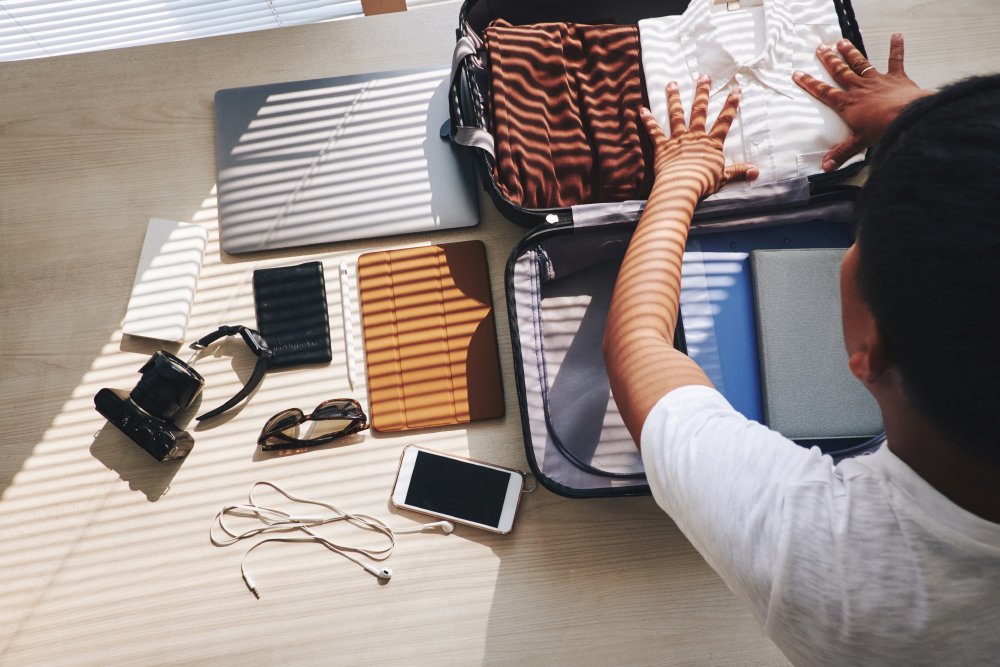
2. Use Relaxation Techniques
Practicing relaxation methods can help you stay calm before and during the flight:
- Deep Breathing: Inhale deeply for four seconds, hold for four seconds, and exhale slowly for four seconds. This technique helps regulate your nervous system [3].
- Progressive Muscle Relaxation: Tense and then relax different muscle groups to relieve tension [4].
Mindfulness and Meditation: Use meditation apps or guided breathing exercises to stay grounded [5].
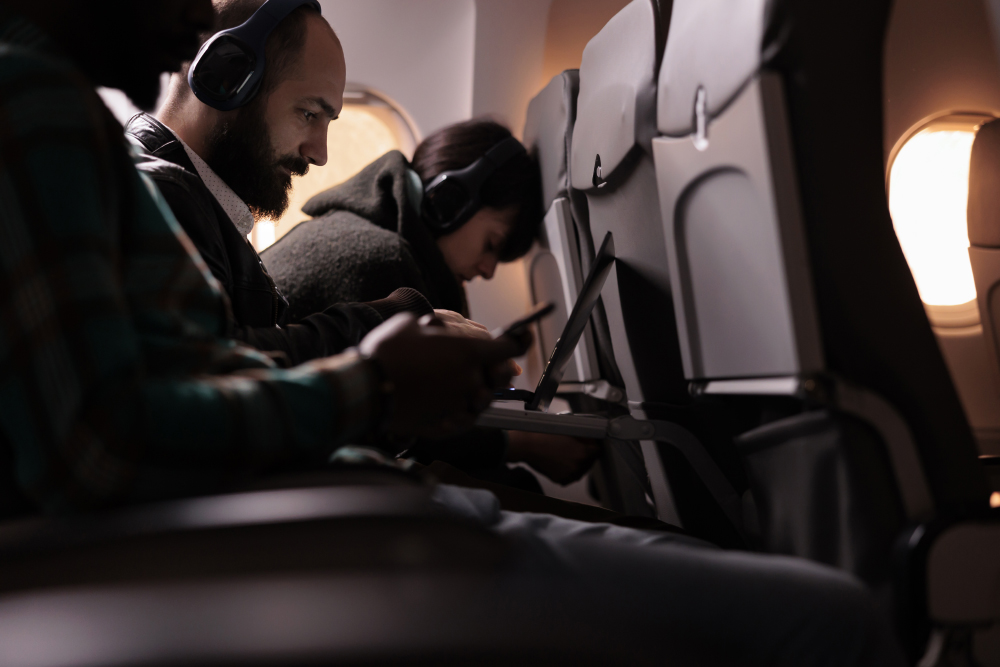
3. Bring Distractions
Keeping your mind occupied can help you focus less on anxiety:
- Download movies, TV shows, or audiobooks before your flight.
- Play games on your phone or read a book.
- Listen to calming music or a podcast [6].
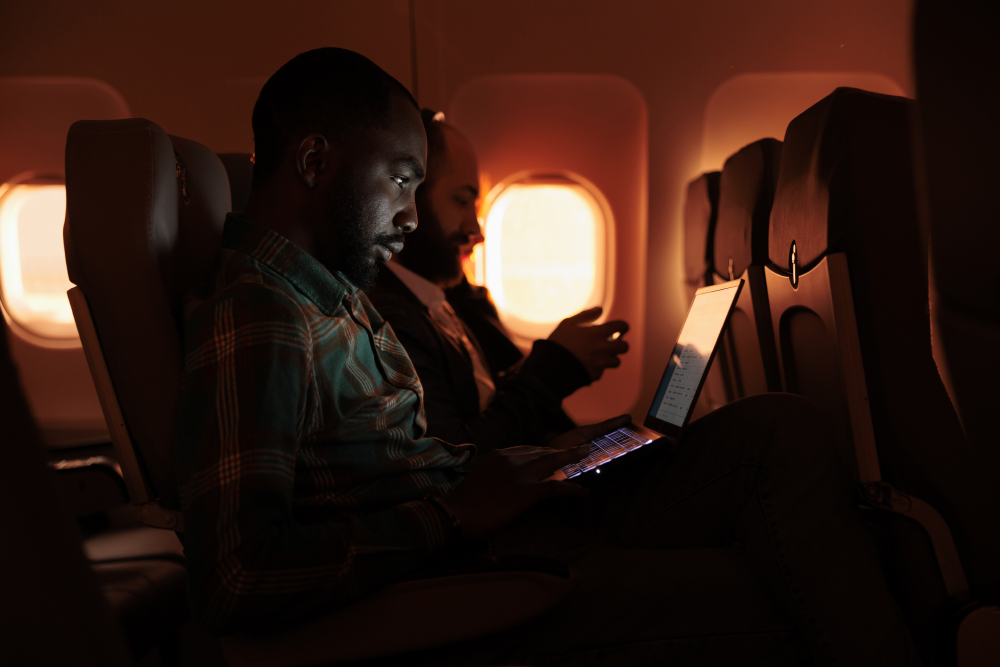
4. Consider Natural Remedies or Medications
Some people find relief using natural supplements or medications:
- Melatonin: Helps regulate sleep and may be useful on long flights, especially when traveling across time zones [7].
- Valerian Root: A natural herb known to promote relaxation, though more research is needed to confirm its efficacy [8].
Prescription Medications: If your anxiety is severe, consult your doctor about medications like Lorazepam (Ativan) or another mild sedative. These can be helpful but should only be used under medical guidance [9]

5. Stay Hydrated and Avoid Stimulants
- Drink plenty of water to stay hydrated, as dehydration can worsen anxiety symptoms [10].
- Avoid caffeine and alcohol, which can increase anxiety and disrupt sleep [11].
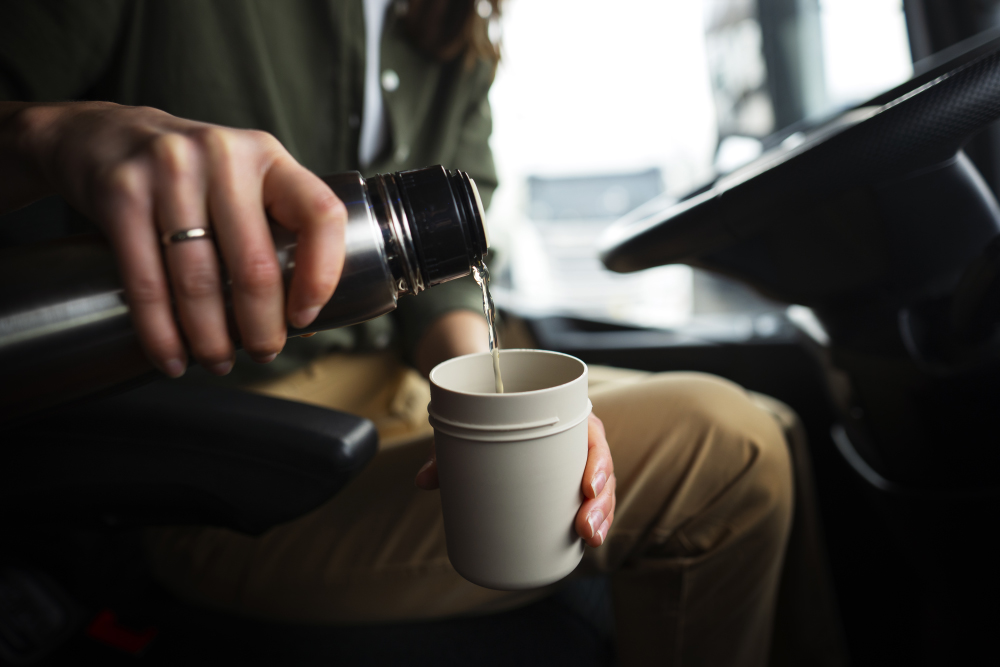
6. Move Around and Stretch
- Walk up and down the aisle when possible to reduce tension and improve circulation.
- Stretch your legs, roll your shoulders, and do simple seated exercises to release physical stress [12].
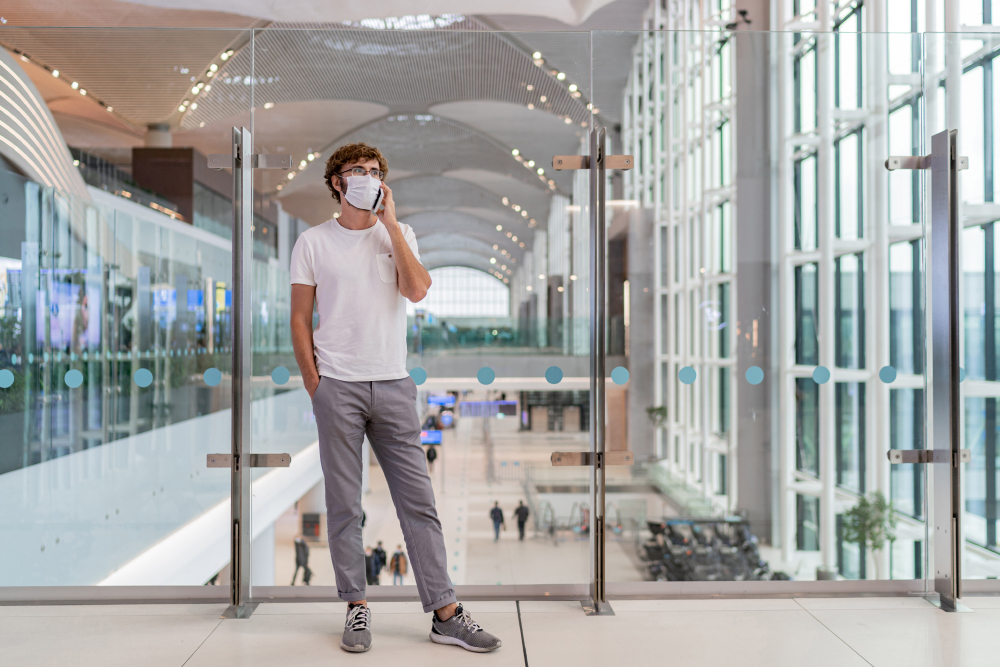
7. Reframe Your Thoughts
- Remind yourself that flying is one of the safest modes of transportation. Commercial aviation has an extremely low accident rate [13].
- Focus on the destination and the positive experiences awaiting you.
- Challenge anxious thoughts using logic, statistics, and positive affirmations [14].
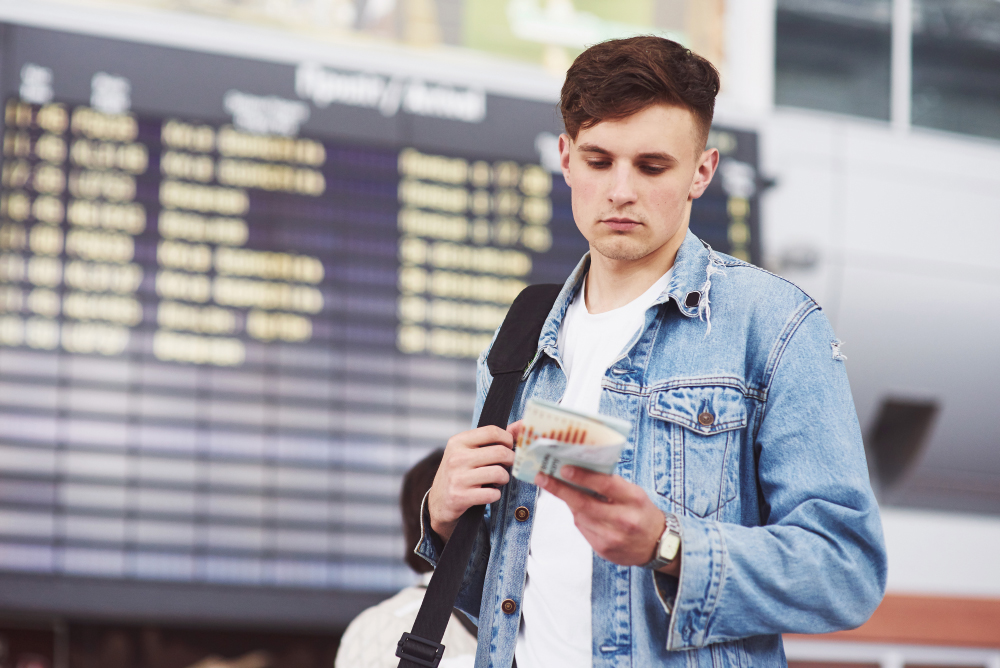
8. Talk to Flight Attendants or a Travel Companion
- Flight attendants are trained to help anxious passengers—don’t hesitate to let them know how you feel.
- Traveling with a friend or family member can provide comfort and reassurance, making the journey feel less daunting [15].
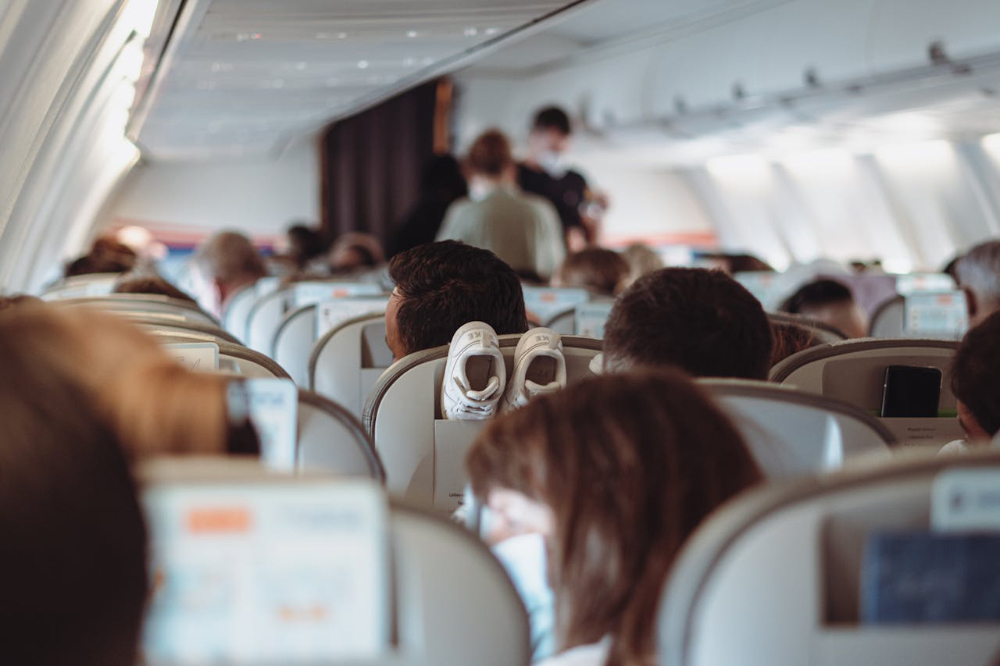
Final Thoughts
- Flight anxiety is manageable with the right strategies. By preparing ahead, practicing relaxation techniques, and keeping yourself distracted, you can make your journey much more comfortable. If your anxiety is severe, consider speaking to a healthcare professional for additional support. Remember, flying is a gateway to amazing experiences, and with the right mindset, you can enjoy the journey as much as the destination!
References
- Anxiety and Depression Association of America (ADAA). “Tips to Manage Flying Anxiety.” https://adaa.org
- Mayo Clinic. “Travel tips to reduce stress.” https://www.mayoclinic.org
- Harvard Health Publishing. “Relaxation techniques: Breath control helps quell errant stress response.” https://www.health.harvard.edu
- Cleveland Clinic. “Progressive Muscle Relaxation.” https://my.clevelandclinic.org
- Headspace. “Meditation for Flight Anxiety.” https://www.headspace.com
- Anxiety Canada. “Coping with Travel Anxiety.” https://www.anxietycanada.com
- National Center for Complementary and Integrative Health (NCCIH). “Melatonin: What You Need To Know.” https://www.nccih.nih.gov
- National Institutes of Health (NIH). “Valerian.” https://ods.od.nih.gov/factsheets/Valerian-HealthProfessional/
- WebMD. “Using Medication to Treat Anxiety.” https://www.webmd.com
- Healthline. “Can Dehydration Cause Anxiety?” https://www.healthline.com
- American Psychological Association (APA). “Caffeine and Anxiety.” https://www.apa.org
- CDC. “Traveler’s Health – Staying Active During Travel.” https://wwwnc.cdc.gov
- International Air Transport Association (IATA). “2023 Safety Report.” https://www.iata.org
- NHS UK. “Anxiety self-help.” https://www.nhs.uk
- Transport Canada. “Tips for a Comfortable Flight.” https://tc.canada.ca
